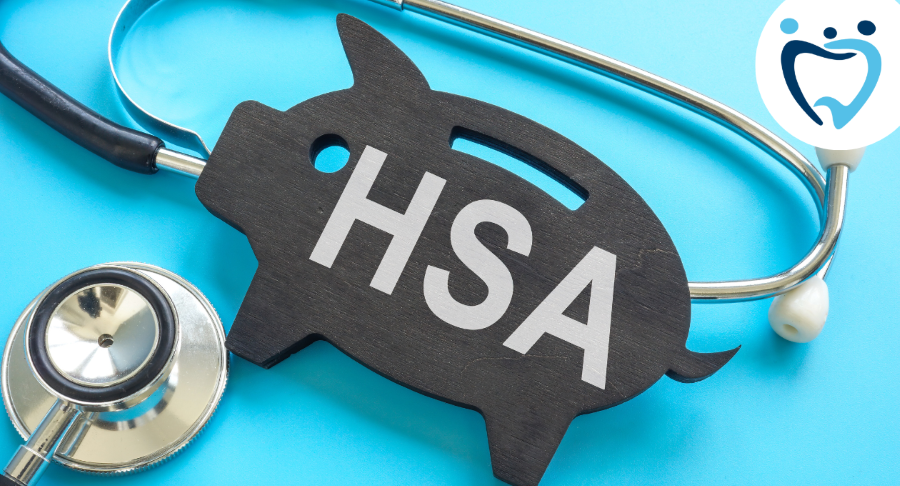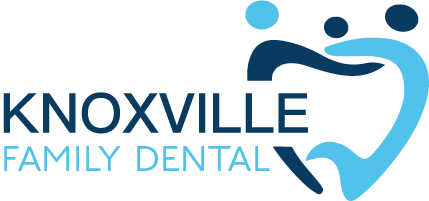
01 Dec HSA vs. FSA: What’s the Difference?
The ins and outs of insurance and different payment plan options aren’t the most riveting thing to most of us—unless, of course, you’re an accountant. But when the end of the year rolls around, it’s time for us all to give a little extra thought to our money. That’s exactly what we intend to do today. While you may have heard of HSAs and FSAs and may even have them yourselves, it’s easy to get the two mixed up or forget what needs to be done with each. Here, we’ll provide a brief reminder of what each one is, the key differences, and how you can use these different types of accounts to help cover your dental expenses this holiday season.
WHAT IS AN HSA?
An HSA is a health savings account where the pre-tax dollars that you deposit there can be used for certain approved dental and medical expenses. Though you must have a high-deductible health plan in order to have an HSA, there are many perks to owning one, which we’ll discuss as we compare them to FSAs.
Things commonly covered by your HSA include:
-
- Sealants
-
- Extractions
-
- Braces
-
- Dentures
-
- Fillings
-
- Fluoride Treatments
-
- Teeth Cleaning
-
- X-Rays
WHAT IS AN FSA?
FSA stands for flexible spending account. These similarly allow you to deposit pre-tax dollars into an account and use it for approved medical and dental expenses. If you have an FSA, you can use it to cover expenses such as:
-
- Teeth cleaning
-
- Fillings and sealants
-
- Crowns
-
- Bonding
-
- Dentures
-
- Tooth extraction
-
- Inlays and onlays
-
- All diagnostic and preventative services
-
- Treatments for gingivitis, temporomandibular joint syndrome and disorder, gum recession, and necessary oral surgery
WHY WOULD I NEED EITHER?
You might be thinking to yourself, I have insurance! Why would I need either of these accounts? Well, as you’ve likely already run up against, there are things insurance doesn’t cover. FSAs and HSAs can help with this. They are also a significant tax advantage. Fidelity explains that “…someone in the 22% federal income tax bracket could potentially save nearly 30% in taxes (federal income + FICA + potentially state income) on every dollar contributed to an FSA or HSA via payroll deductions.” These are substantial savings.
WHAT ARE SOME KEY DIFFERENCES?
If you’re struggling to see the differences between the two types of accounts, we understand. The most crucial difference to make note of is that FSA funds generally expire at the end of the year; HSA funds do not. This is essential because if you have money stored in an FSA account, you’ll need to spend it before the end of the year to avoid it going to waste! Some employers offer a grace period, but still—the money won’t be there for long. If there’s a treatment you’ve been postponing with us or an appointment you’ve been needing to have, now’s the time.
Another key difference is that HSAs may allow you to invest the money you hold in them, while FSAs do not. This, combined with the fact that HSAs roll over year to year, would allow you to build up your money over time and even save for larger medical expenses in the future, such as those during retirement.
As noted before, HSAs require you to have an HDHP (high deductible health plan) in order to qualify. FSAs do not. However, a perk of the FSA is that you might have access to those funds sooner than you would if they were in an HSA.
The two accounts also differ in contribution limits, ownership, and portability. If you are wondering which account is right for you, consult your financial advisor.
HOW CAN I MAKE THE MOST OF MY MONEY?
The answer is simple: don’t let it go to waste! We have just a few tips for you that we think might make navigating the end of the year a bit simpler for you.
-
- Escape the fee increases. Inflation affects insurance companies, too. Often, fee increases by insurance companies bite right at the beginning of the year. This is just another reason why the perfect time to use up your HSA, FSA, or dental insurance benefits would be the end of the year—before these price hikes take effect.
-
- Let us work with you. You may hesitate to pile on treatments at the end of the year, thinking that you’re getting close to your annual insurance maximum. Even if that’s the case, we can work with you! We want you to get the most out of your insurance. We can create a plan to split the treatment between the end of this year and next, taking advantage of the renewal of benefits next year to use your insurance to its fullest potential.
-
- Don’t let your dollars go to waste. It’s easy to get distracted amid holiday chaos. Maybe you meant to have a treatment done but go to schedule it and realize your calendar is simply booked! To avoid either your calendar or ours filling up before we can fit you in, it’s wise to schedule your appointments as early as you can this time of year. W also advise you to try to keep any appointments you may have during the end of the year, as it may not be easy to get another one before the new year.
We know the end of the year often spills over with get-togethers, gifts, and a flurry of preparations for the new year. We just want to encourage you to make the most of your money. Be mindful of what kind of account you have, and don’t let FSA funds—or insurance benefits—slip through the crack. Instead, visit our office today to use those pre-tax dollars on any treatments that you may need done. You can call our office today to schedule your appointment before the year’s end.
We wish you happy holidays from Knoxville Family Dental!

About Our Team
Our team of dental experts have over 30 years of experience in the field of dentistry, and we’re passionate about educating our patients.

Sorry, the comment form is closed at this time.